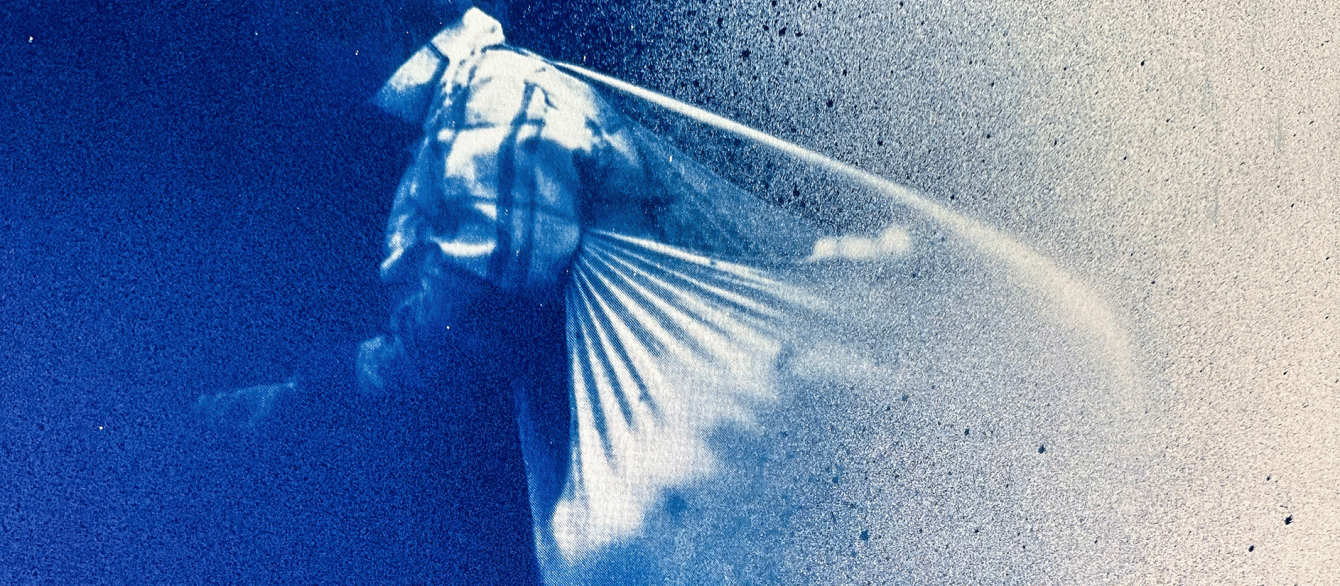Langston Hughes famously sailed to Soviet Russia in 1932 to realize Межрабпомфильм’s film, Черные и Белые (Black and White.) Its script quickly finds itself on cotton fields in the southern U.S., where our Civil War is resolved with a handshake between a wounded Southern farmer and a radiant Northerner standing over dead African Americans. A banner waves over the screen with text by Marx warning that this war, this “only major event of our time,” leads awkwardly to the comparison that “Peter from the North” “hires his workers ‘by the day,” while “Paul from the South,” does so “‘for life.’” Hughes found the script laughable in its inaccuracies of U.S. circumstances, but it was only the beginning of his experience of a theatre, the revolutionary nature of which influenced his writing in Blood on the Cotton when he returned to the States himself. These theatre works, and others, from the Uzbek playwright Umarjon Ismailov’s Вредители хлопка (Cotton Pests) to Ebrahim Hussein's Kinjeketile of 1970 (about Tanzanian response to Liberal German cotton colonialism) reflect the specificity of local experience of cotton fields to larger issues of economic and political liberation. Photography, painting, and other fine and applied arts pick up that critical mantle in the cotton context, with shifting antagonists over time and place. Karapetian will speak about her own work in co-created representation in Uzbekistan in June 2022 and how it quotes and departs from other forms of representation by both insiders and outsiders of the post-Soviet state.
Accessibility
The Davis Center for Russian and Eurasian Studies at Harvard University encourages persons with disabilities to participate in its programs and activities. If you anticipate needing any type of accommodation or have questions about the physical access provided, please contact us at 617-495-4037 or daviscenter@fas.harvard.edu in advance of your participation or visit. Requests for Sign Language interpreters and/or CART providers should be made at least two weeks in advance if possible. Please note that the Davis Center will make every effort to secure services but that services are subject to availability.




